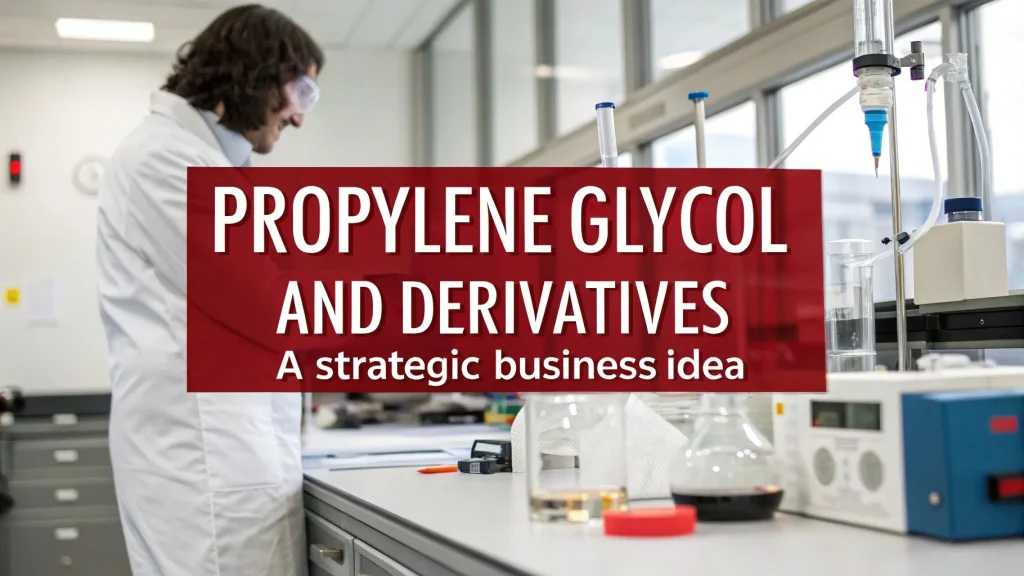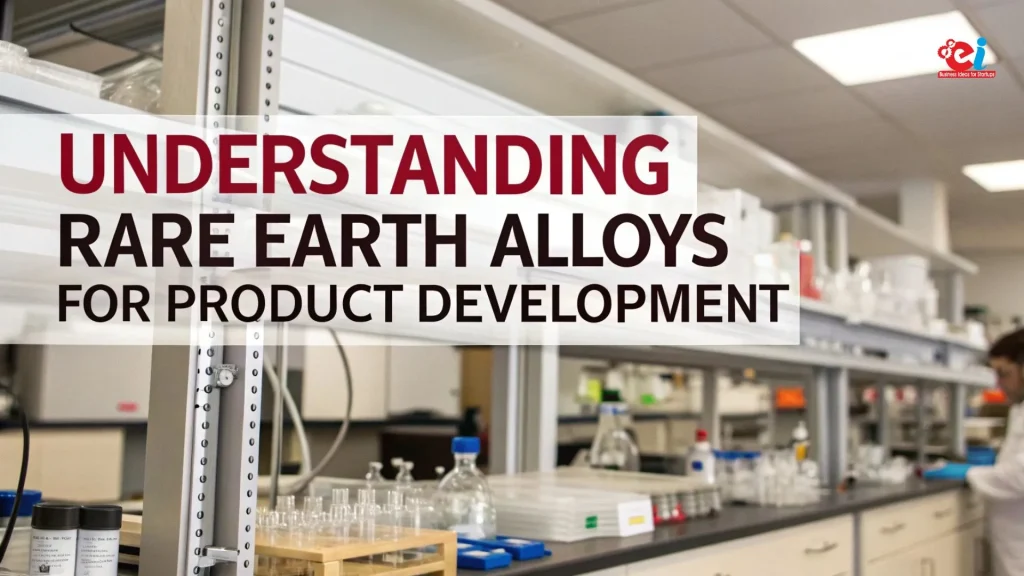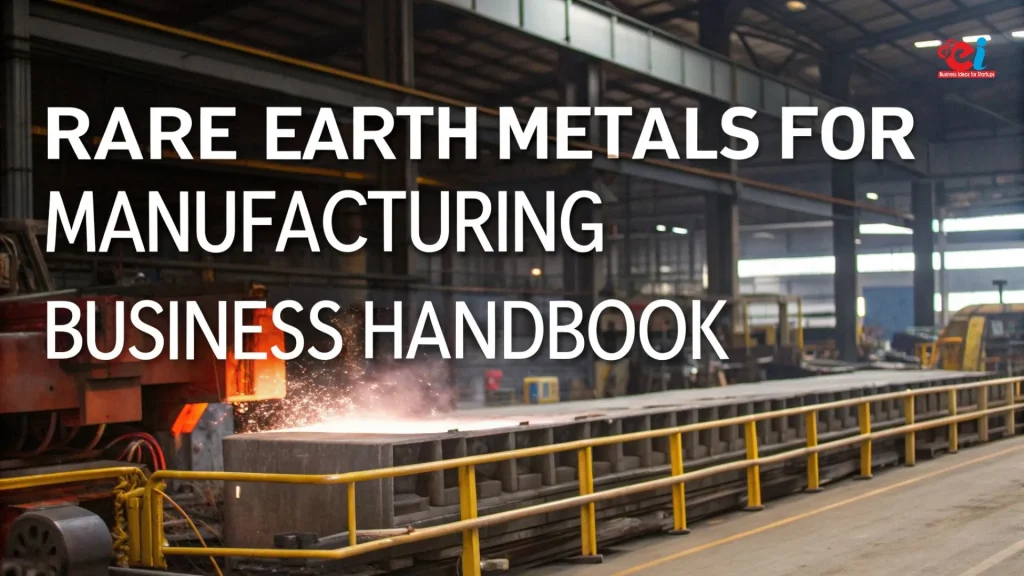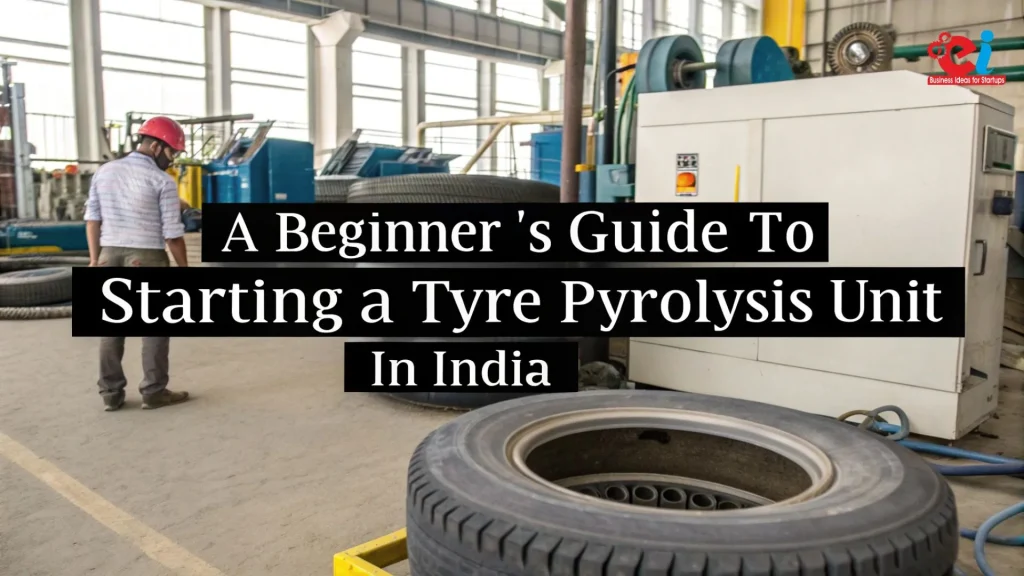The production of Calcium Sennoside from Senna Leaves is a growing business opportunity in the herbal and pharmaceutical industries. Calcium sennoside is a natural laxative derived from the dried leaves of the Senna plant (Cassia angustifolia), widely used in herbal medicine and OTC digestive remedies. Its demand has seen a global rise due to increasing preference for plant-based ingredients in personal care and wellness products. By setting up a processing unit for this botanical extract, entrepreneurs can tap into both domestic and international pharmaceutical supply chains that require consistent, high-quality herbal ingredients.
Market Overview and Demand Drivers
The global herbal extract market has witnessed significant growth, and Calcium Sennoside from Senna Leaves remains among the top-selling plant-based active compounds. It is widely used in laxative tablets, herbal teas, capsules, and syrups for constipation relief. Countries like the U.S., Germany, Japan, and the Middle East import large quantities of calcium sennoside for pharma-grade formulations.
Senna grows abundantly in India, especially in regions like Tamil Nadu, Rajasthan, and Gujarat. With ample availability of raw Senna leaves, producers in India have a unique advantage in building scalable businesses. Health-conscious consumers are also shifting from synthetic drugs to herbal alternatives, boosting long-term demand. If you are exploring a sustainable, export-oriented venture, Calcium Sennoside from Senna Leaves production offers high profitability with moderate investment.
Business Plan: Calcium Sennosides from Senna Leaves Production Business Plan
Raw Material and Botanical Source
Senna, known botanically as Cassia angustifolia, is a drought-resistant shrub whose leaves contain compounds called sennosides A and B. These glycosides are responsible for the plant’s laxative effects. For Calcium Sennoside from Senna Leaves production, dried leaves are the primary raw material. India is the world’s largest producer of senna, making it easy to procure high-quality leaves directly from farmers or herbal suppliers.
The potency of the final extract depends on leaf maturity, drying method, and storage. Leaves harvested during peak season (typically October to February) contain the highest sennoside concentration. Ensuring raw material quality through standardized drying and grading is crucial for consistent output and market approval.
Visit this Page for More Information: Start a Business in Herbal Products Industry
Extraction and Manufacturing Process
The process of Calcium Sennoside from Senna Leaves production involves multiple stages of botanical extraction, purification, and standardization. Here is a brief overview:
-
Raw leaf cleaning and pulverization: Dried Senna leaves are cleaned to remove dust and debris, then ground into a fine powder.
-
Solvent extraction: The powdered leaves are mixed with aqueous or alcoholic solvents in extraction tanks to separate active glycosides.
-
Filtration and concentration: The extract is filtered and concentrated under vacuum to remove excess solvent.
-
Precipitation and purification: Calcium salts are added to the concentrated extract to precipitate calcium sennoside.
-
Drying and milling: The precipitate is dried using a tray or vacuum dryer and then milled into a uniform powder.
-
Packaging and labeling: The final product is packed in moisture-proof, food-grade containers with batch numbers and expiry dates.
Proper quality control is vital throughout the process to meet pharmacopeial standards such as USP or IP. The final product usually contains 10–20% total sennoside content standardized per application requirement.
Read our Books Here: Herbal Products
Machinery and Infrastructure Requirements
To start Calcium Sennoside from Senna Leaves production on a commercial scale, the following machinery is needed:
-
Leaf grinder and pulverizer
-
Stainless steel extraction vessels
-
Filter press or centrifuge
-
Rotary vacuum evaporator
-
Precipitation and crystallization tanks
-
Tray dryer or vacuum dryer
-
Sifting and powdering machines
-
Weighing, packaging, and sealing units
An area of 3,000 to 5,000 sq. ft. is sufficient for a mid-scale plant. Good ventilation, water supply, and temperature control systems are essential to maintain extract quality. A laboratory for quality control testing (HPLC, TLC, or UV-spectroscopy) is also recommended for consistency and compliance.
Investment and Financial Outlook
Setting up a small to medium-scale Calcium Sennoside from Senna Leaves unit requires an estimated investment of ?80 lakh to ?1.5 crore, depending on automation level. The investment covers:
-
Machinery and equipment: 40–50%
-
Factory setup and utilities: 20%
-
Working capital and raw material: 20%
-
Licensing, certification, branding: 10%
Raw senna leaves cost ?50–?100 per kg depending on grade and season. The market rate of calcium sennoside powder ranges from ?2,000 to ?4,000 per kg depending on purity and packaging. A well-managed unit can expect 25–30% profit margins with monthly sales between ?10–20 lakhs once operational.
Legal and Regulatory Compliance
Compliance with both herbal product standards and pharmaceutical safety norms is essential in Calcium Sennoside from Senna Leaves production. You will need the following registrations:
-
Udyam MSME registration
-
FSSAI license for herbal supplements
-
Drug license (for medicinal applications)
-
GST registration
-
Pollution control NOC
-
Export licenses and phytosanitary certification (for global markets)
ISO 9001, GMP (Good Manufacturing Practices), and USDA Organic or EU Organic certifications will increase credibility and open doors to premium customers globally.
Related Feasibility Study Reports: Herbs and Herbal Based Products
Marketing and Sales Strategy
The primary target market for Calcium Sennoside from Senna Leaves includes:
-
Ayurvedic medicine manufacturers
-
Herbal supplement brands
-
Exporters of nutraceuticals
-
Pharma companies making OTC laxatives
-
Health tea brands and contract manufacturers
Sales channels can include direct B2B supply, participation in pharmaceutical trade fairs, online B2B platforms, and partnerships with herbal extract exporters. Building a strong digital presence with datasheets, certifications, and COAs (Certificates of Analysis) will improve credibility and visibility in a competitive herbal market.
Opportunities for Value Addition and Expansion
Beyond standalone Calcium Sennoside from Senna Leaves production, there are related product lines that can increase revenue:
-
Senna leaf powder for tea brands
-
Herbal tea blends containing senna and other herbs
-
Capsule or tablet formulation units
-
Export-oriented Senna value chain with contract farming and traceability
-
Developing own branded OTC natural laxative product line
Collaborations with herbal medicine clinics, international wellness chains, and organic product distributors can further expand your business reach.
Conclusion
Investing in Calcium Sennoside from Senna Leaves production offers a unique opportunity to merge herbal tradition with modern industry. With growing global demand for plant-based medicines, ample raw material availability in India, and supportive regulatory pathways, this is a smart and sustainable business model. Entrepreneurs entering this field with proper R&D, quality control, and export readiness can create a scalable enterprise with high margins and social impact.
This venture not only promises financial returns but also contributes to promoting clean, natural healthcare worldwide.
Watch other Informative Videos: Herbs and Herbal Based Products
See More Links:
- Start a Business in Asia
- Start a Business in Potential Countries for Doing Business
- Best Industry for Doing Business
- Business Ideas with Low, Medium & High Investment
- Looking for Most Demandable Business Ideas for Startups
- Startup Consulting Services
- Start a Business in Africa
- Start a Business in India
- Start a Business in Middle East
- Related Videos
- Related Books
- Related Projects
NIIR PROJECT CONSULTANCY SERVICES, DELHI
An ISO 9001:2015 Company
ENTREPRENEUR INDIA
106-E, Kamla Nagar, Opp. Mall ST,
New Delhi-110007, India.
Email: npcs.ei@gmail.com
Tel: +91-11-23843955, 23845654, 23845886
Mobile: +91-9097075054, 8800733955
Website: https://www.entrepreneurindia.co
https://www.niir.org





